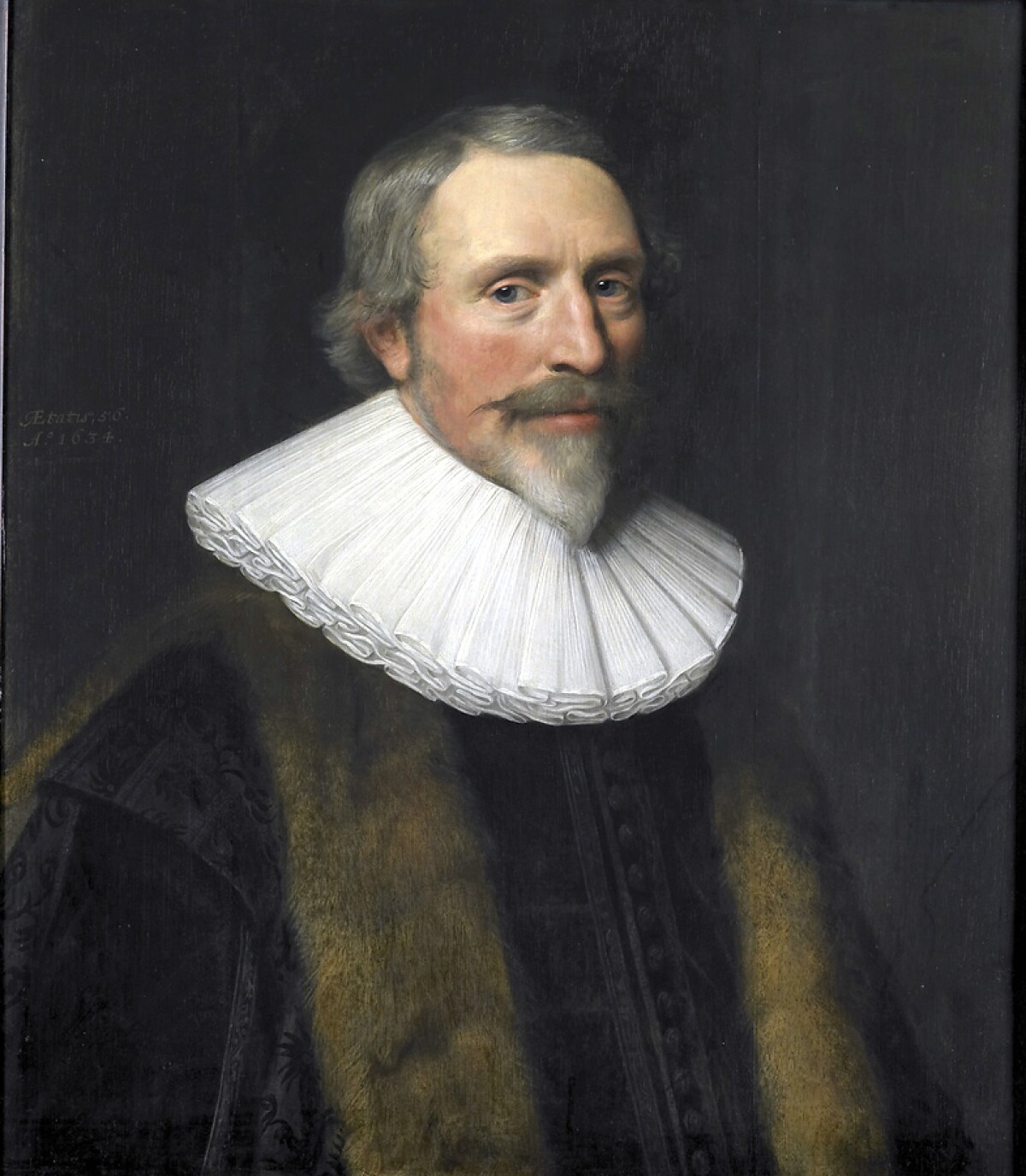Cats Jacob
Jacob Cats (1577-1660) was a Dutch writer of emblem books and didactic verse whose place in the affections of his countrymen is shown by his nickname, “Father Cats.”
Cats took his doctor’s degree in law at Orléans, practiced at The Hague, and, after visits to Oxford and Cambridge, settled in Zeeland, where he accumulated wealth by land reclamation. Becoming a magistrate, he was successively pensionary of Middelburg and Dordrecht and, from 1636 to 1651, grand pensionary of Holland. He took part in diplomatic missions to England—in 1627 to Charles I and in 1651–52, unsuccessfully, to Cromwell. His background gave him an international outlook, and he was in sympathy with many of the English Puritan writers.
Cats was primarily a writer of poetic emblem books, a type of literature popular in the 17th century that consisted of woodcuts or engravings accompanied by verses pointing a moral. He used this form to express the major ethical concerns of early Dutch Calvinists, especially those dealing with love and marriage. By being the first to combine emblem literature with love poetry, and by his skill as a storyteller, he achieved enormous popularity. The sources on which he draws are chiefly the Bible and the classics and occasionally Boccaccio and Cervantes.
His first book, Sinne-en minnebeelden (1618; “Portaits of Morality and Love”), contained engravings with text in Dutch, Latin, and French. Each picture has a threefold interpretation, expressing what were for Cats the three elements of human life: love, society, and religion. Perhaps his most famous emblem book is Spiegel van den ouden ende nieuwen tijdt (1632; “Mirror of Old and New Times”), many quotations from which have become household sayings. It is written in a more homely style than his earlier works, in popular rather than classical Dutch. Two other works—Houwelyk (1625; “Marriage”) and Trou-ringh (1637; “Wedding Ring”)—are rhymed dissertations on marriage and conjugal fidelity. In one of his last books, Ouderdom, buyten-leven en hof-gedachten (1655; “Old Age, Country Life, and Garden Thoughts”), Cats wrote movingly about old age.
Share:









